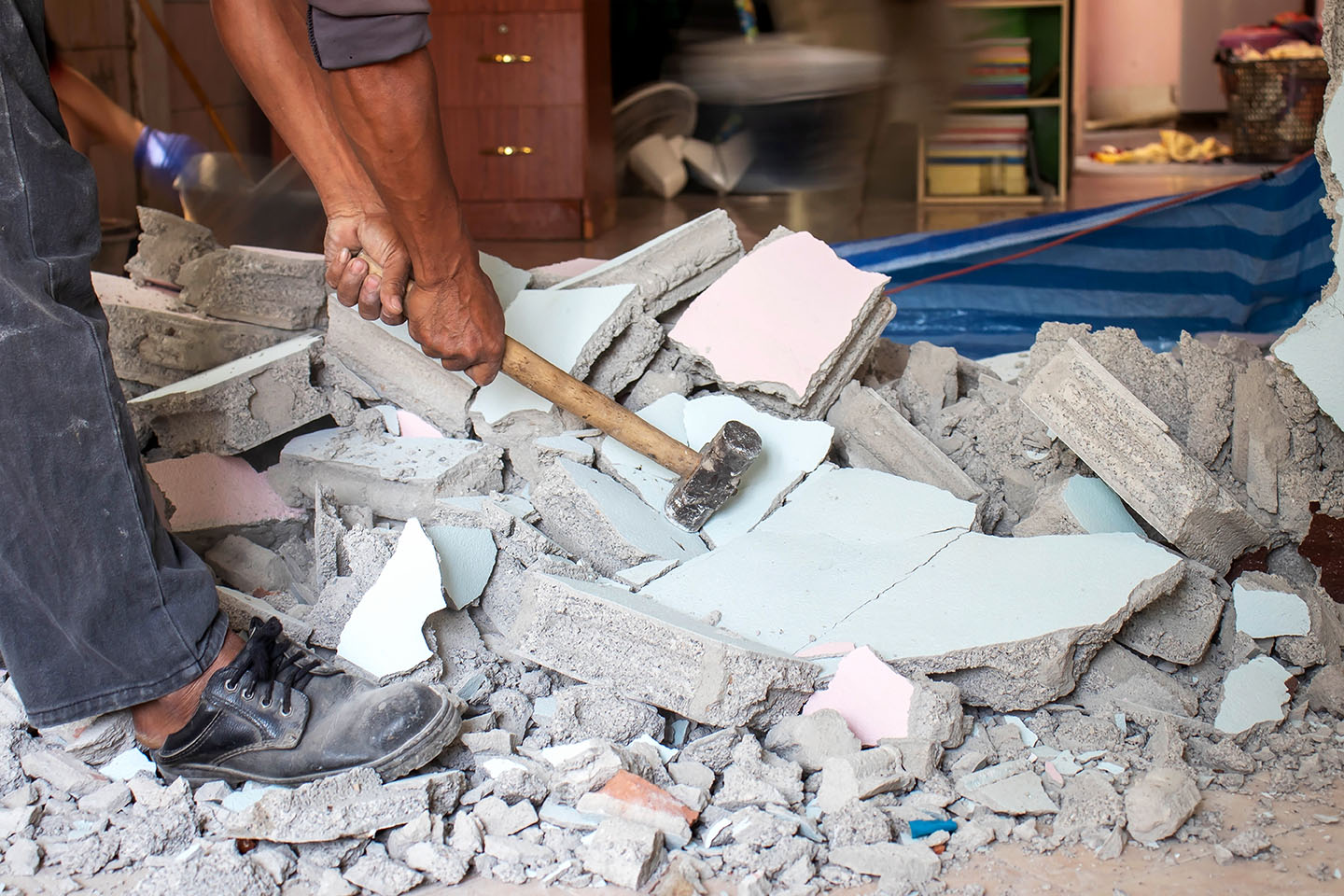

Debris is any small piece of waste or broken material. It can be natural, such as leaves or twigs, or it can be man-made, such as plastic or metal. Debris can be found in all environments, from the ground to the ocean.
Debris can be a problem for the environment. It can pollute waterways, harm wildlife, and even cause fires. There are a number of ways to reduce debris, including recycling, composting, and properly disposing of waste.
Here are some examples of debris:
Debris can be a problem for the environment in a number of ways. It can:
Pollute waterways: Debris can block waterways, making it difficult for fish and other animals to swim. It can also release harmful chemicals into the water.
Composting: Composting turns food scraps into fertiliser, which can be used to reduce the need for chemical fertilisers.
Properly disposing of waste: It is important to dispose of waste properly so that it does not end up in the environment.
The detrital layer of the soil was made up of small pieces of rock and sand.

Noun: debris (plural: debris).
Adjective: detrital.
relating to debris.
Verb: to debris.
to destroy or break up something into debris.
The word "debris" comes from the French word "débris", which means "remnants" or "fragments". The French word "débris" is ultimately derived from the Latin word "dēbris", which means "broken" or "shattered".
Where might you find debris?
Task:
Explain the environmental impact of debris in marine ecosystems and provide two examples of how debris can harm marine life and habitats.
Answer:
Address
Developing Experts Limited
Exchange Street Buildings
35-37 Exchange Street
Norwich
NR2 1DP
UK
Phone
01603 273515
Email
hello@developingexperts.com
Copyright 2025 Developing Experts, All rights reserved.